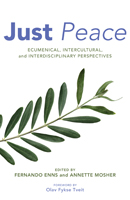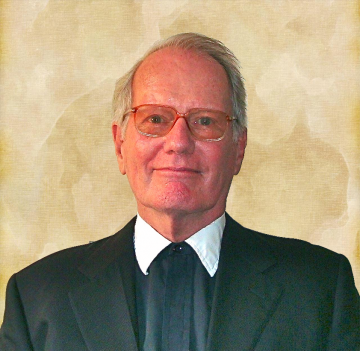Bridgefolk perspectives on Pope Francis
A significant aspect of the complex office and ministry of the Pope is his ministry of unity. As Bishop of the local Diocese of Rome and in his universal ministry as Pope of the Catholic Church throughout the world, he must foster the unity of Christ’s people in the one apostolic faith and sacramental life. Because of their office, popes have also felt the ecumenical responsibility of fostering the unity of divided Christians in response to Christ’s prayer for the unity of his disciples’ (John 17:21), of promoting interfaith harmony with members of other great world religions, and of fostering good relations and peace among the nations of the world.
Over the last century, especially starting with Pope Leo XIII (+1903), popes have contributed to the unity of Christians in different ways. This is especially true of the popes of Vatican II. John XXIII, after calling for Vatican II in 1958, ensured, before it began in 1962, that the pastoral concern for Christian unity would be part of it. In 1960 he established the Secretariat For Promoting Christian Unity, and in 1961 he approved the invitation to other churches and communities to send delegates to the Council. Pope Paul VI approved the Council’s Decree on Ecumenism, and together with Athenagoras I, Ecumenical Patriarch of Constantinople, put aside the mutual condemnations of 1054 which led to the schism of East and West. John Paul II published the great papal encyclical on ecumenism Ut Unum Sint, and pushed for the Lutheran-Catholic Joint Declaration on the Doctrine of Justification. Benedict XVI supported these and many ecumenical activities.
Pope Francis I, in accepting this office with its ministry of unity, stands on the ecumenical shoulders of those Popes. Let us pray for him as he fosters unity.
Rev. Msgr. John A. Radano teaches in the School of Theology at Seton Hall University. Having served in the Pontifical Council for Promoting Christian Unity at the Vatican for twenty-four years, he now serves on the Bridgefolk board.
 Christian theology and ethics have wrestled with the challenge to apply Jesus’s central message of nonviolence to the injustices of this world. Is it not right to defend the persecuted by using violence? Is it unjust if the oppressed defend themselves—if necessary by the use of violence—in order to liberate themselves and to create a more just society? Can we leave the doctrine of the just war behind and shift all our attention toward the way of a just peace?
Christian theology and ethics have wrestled with the challenge to apply Jesus’s central message of nonviolence to the injustices of this world. Is it not right to defend the persecuted by using violence? Is it unjust if the oppressed defend themselves—if necessary by the use of violence—in order to liberate themselves and to create a more just society? Can we leave the doctrine of the just war behind and shift all our attention toward the way of a just peace?

